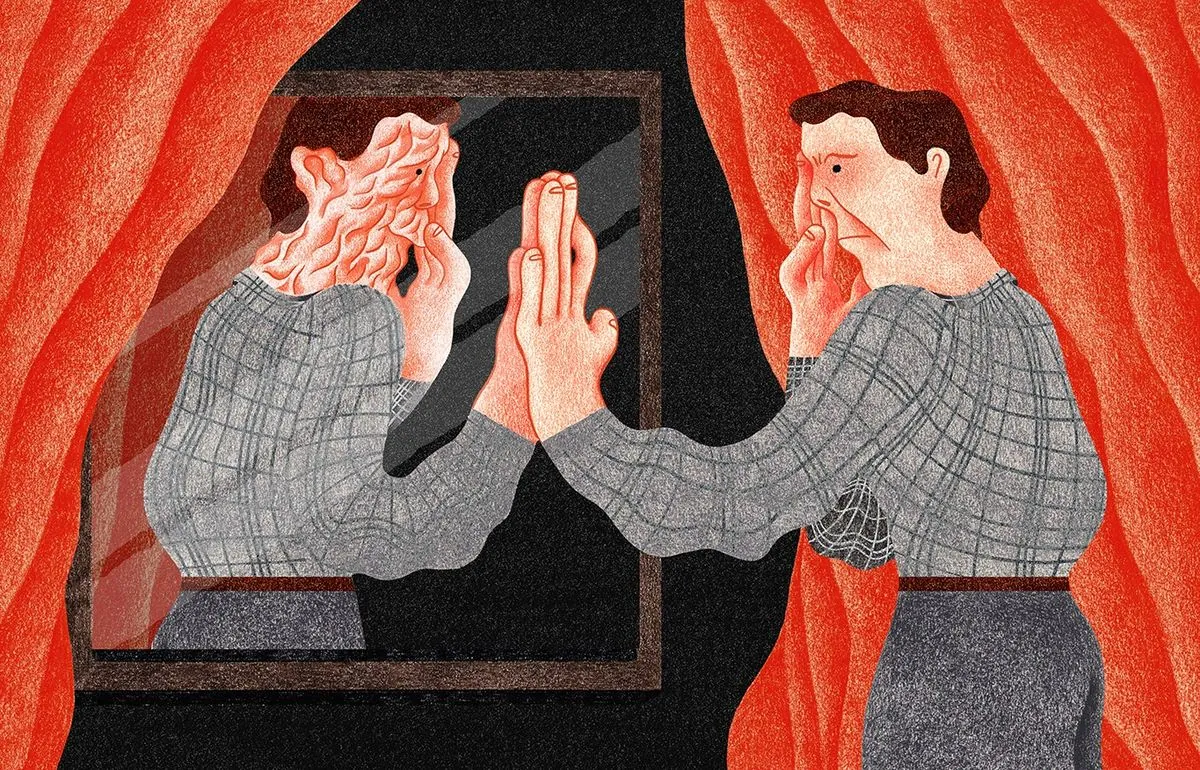Identity Crisis Unfolds in Dark Comedy "A Different Man"
Sebastian Stan stars in Aaron Schimberg's thought-provoking film about a man's drastic transformation. This Kafkaesque tale explores identity, perception, and the perils of changing oneself in modern society.

Aaron Schimberg's "A Different Man" delves into the complexities of identity and perception in a world obsessed with appearances. This Kafkaesque fable, set against the backdrop of New York City, offers a dark comedic take on the age-old adage "be careful what you wish for."
Sebastian Stan delivers a compelling performance as Edward Lemuel, a struggling actor with a facial condition that sets him apart in a city known for its diverse inhabitants. The film's portrayal of New York harkens back to the gritty "Big Apple" of cinematic lore, where self-absorption thrives and misfortune befalls the meek.
Edward's journey begins when he undergoes an experimental drug treatment to alter his appearance. This decision leads to a series of events that challenge his sense of self and place in society. The transformation scene incorporates elements of body horror, a subgenre that has long captivated audiences with its visceral depictions of physical change.

Post-transformation, Edward adopts the persona of "Gus" to audition for a play written by his neighbor Ingrid, portrayed by Renate Reinsve. This plot twist introduces themes of deception and the fluidity of identity, concepts that have fascinated philosophers for centuries.
The arrival of Oswald, brilliantly played by Adam Pearson, adds another layer to the narrative. Pearson, an actor with neurofibromatosis, brings charm and depth to a character who embodies everything Edward believed he could never be. This casting choice challenges societal norms and expectations, much like Pearson's role in the 2013 film "Under the Skin."
"It's refreshing to play a character that isn't defined by appearance but by personality and charm."
Schimberg's direction draws comparisons to the Coen brothers' style, albeit with a more somber tone. The film's exploration of existential themes and dark humor evokes the literary works of Vladimir Nabokov, known for his complex narratives that often blur the lines between reality and perception.
"A Different Man" skillfully intertwines various cinematic and literary influences. The use of method acting techniques within the story itself adds a meta-layer to the film's examination of identity and performance. This self-referential approach is reminiscent of the non-linear narratives that gained popularity in late 20th-century cinema.
Umberto Smerilli's score enhances the film's atmosphere, guiding the audience through Edward's psychological journey with haunting piano chords and swirling reeds. This musical accompaniment underscores the movie's exploration of fate and foolishness.
As the narrative unfolds, "A Different Man" expands its scope, touching on broader themes of male insecurity and societal pressures. The film's release coincides with "The Substance," another movie that examines similar themes from a female perspective, highlighting the universal nature of appearance-related anxieties.
In its conclusion, Schimberg's work leaves viewers with a poignant question, reminiscent of biblical wisdom: What does one gain by changing their exterior if their inner self remains unchanged? This thought-provoking finale cements "A Different Man" as a compelling exploration of identity in the modern world.


































